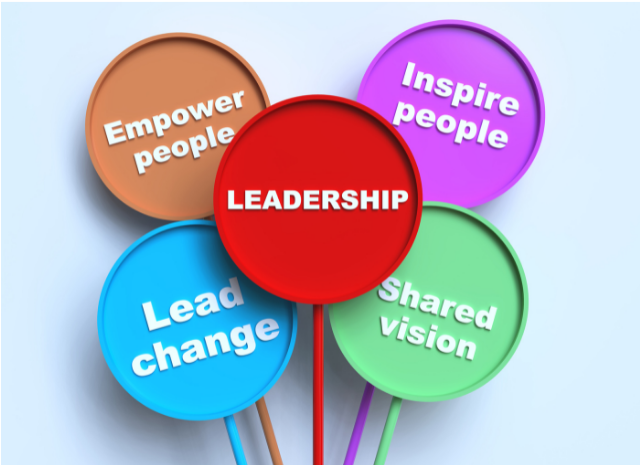To be effective, leaders must understand and develop their own social and emotional competencies or emotional intelligence (EQ). Jimena Quiroga Hopkins from Thrive Paradigm posits EQ is critical for leaders because of they influence the overall work environment and the professional development of others.
What is EQ and why is it so critical for leaders?
EQ is the capability of individuals to recognize their emotions and those of others, discern between different feelings and label them appropriately, use this information to guide thinking and behavior, and manage or adjust emotions to adapt to environments or achieve one's goals.
According to Quiroga Hopkins—who often cites Daniel Goleman's book, Emotional Intelligence—“Many of us understand the importance of social-emotional learning (SEL) and supporting young people in developing their emotional intelligence. As we're doing that, it only makes sense that we also work on our emotional intelligence as adults and leaders, which is a lifelong process.
5 Elements of Emotional Intelligence
What are they and what do they mean in terms of the work done in the afterschool space?
Self-Awareness: Recognizing and labeling one's feelings and accurately assessing one's strengths and limitations.
Self-Management: Regulating emotions, delaying gratifications, managing stress, motivating oneself, setting and working toward achieving goals.
Social Awareness: Showing empathy, taking others' perspectives, and recognizing and mobilizing diverse and available supports.
Motivation: Personal drive to improve and achieve, commitment to goals, initiative, or readiness to act on opportunities, optimism, and resilience.
Relationship Skills: Clear communication, accurate listening, cooperation, nonviolent and constructive conflict resolution, and knowing when and how to be a good team player and leader.
In leadership, before you can lead anybody else, you have to be able to develop yourself.
"Things have shifted in our field and we’re focusing more on social emotional development. But, we could be paying more attention especially for adults," says Quiroga Hopkins. Research shows that EQ is the strongest predictor of work performance, accounting for 58% success in all fields. "It's not as common to see top performers in the workplace who are not also high in emotional intelligence."
How do we cultivate emotional intelligence within our leadership styles?
"Good leaders create resonance," says Quiroga Hopkins. "Resonant leaders have a high degree of emotional intelligence and a greater ability to connect with others personally. They show genuine empathy, are more likely to create harmony and stay balanced during tense situations, versus a dissonant leader, who has a greater disconnect with their team and doesn't know much about them personally."
Quiroga Hopkins stresses the importance of realizing that leadership styles exist on a spectrum, and you may not be one type of leader all of the time.
Understanding your leadership style is helpful in developing overall self-awareness and improving your EQ, but leaders must do more to be intentional about increasing their EQ.
Five Ways for Leaders to Intentionally Develop EQ
- Conduct a 360 assessment.
- Identify areas of growth.
- Create an action/learning plan.
- Work with a coach well-versed in Emotional Intelligence.
- Create daily practices and be consistent.
To jump into action, take an EQ assessment and identify your growth areas.
For more information in audio-visual format, visit SEL for Kids Starts with the Adults.

